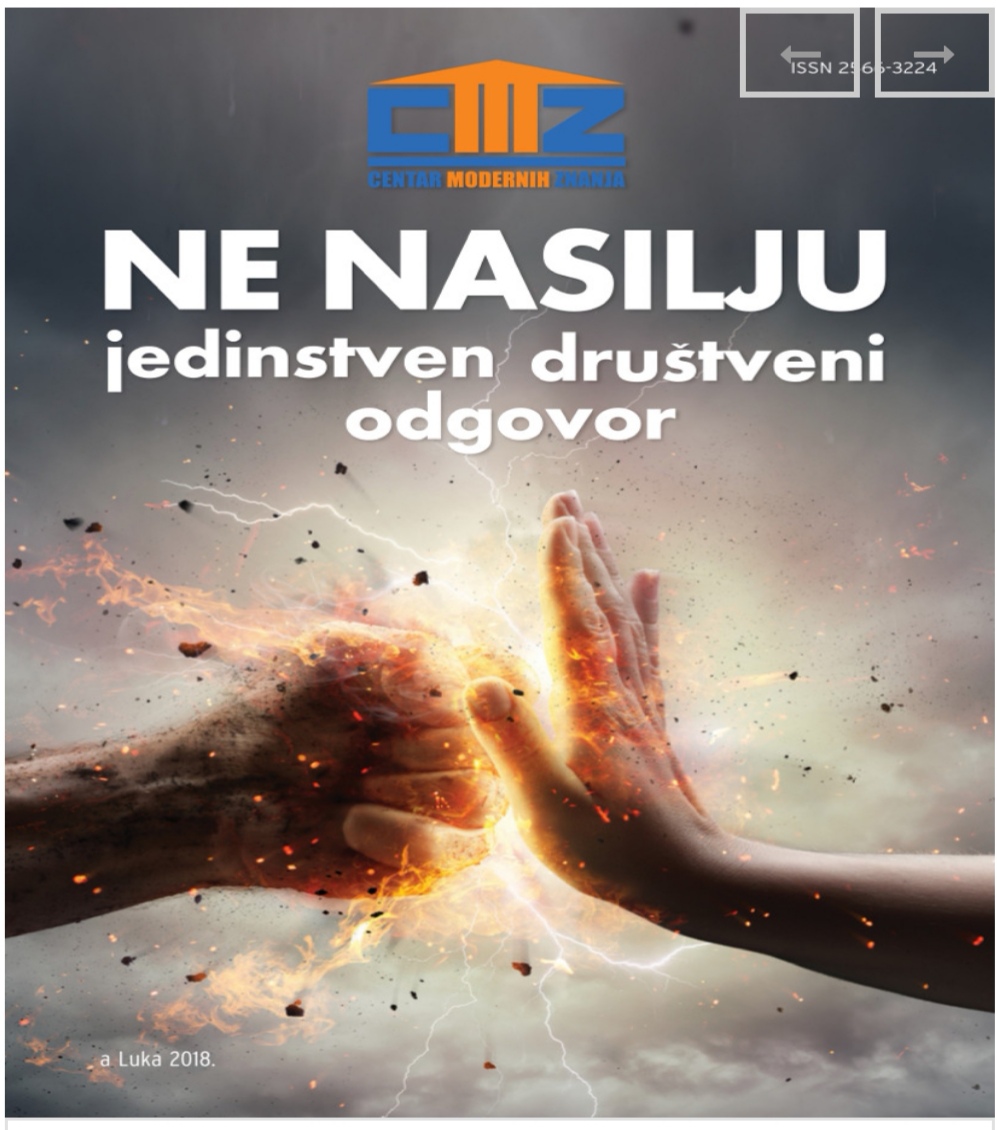CYBERBULLYING (MOBBING) U BOSNI i HERCEGOVINI
CYBERBULLYING IN BOSNIA AND HERZEGOVINA
Author(s): Amer Osmić, Enita ČustovićSubject(s): Social Sciences, Media studies, Communication studies, Sociology, Studies in violence and power, Social Norms / Social Control
Published by: CENTAR MODERNIH ZNANJA
Keywords: Bosnia and Herzegovina; Cyberbullying; Cybermobbing; children; youth; fear;
Summary/Abstract: According to research from Save the Children, 90.5% of children and young people aged 9 to 17 have profiles on one or more social networks - Twitter, Facebook, YouTube and Instagram, while 90% of young people aged 10 to 15 have smartphones. According to relevant indicators, children are the largest victim of violence in the virtual world. Since smartphones, tablets and laptops have their place in children's rooms across Bosnia and Herzegovina, communication with peers is possible everywhere and constantly, which does not only bring advantages... This juvenile behaviors were present in schools and before the Internet, but moving to the virtual world the victim was exposed to a much larger "audience," with many more options for pain and shame. Cybermobbing has many different variants, and most often its beginning in the offline life and is transferred to a virtual life where it begins with curses, misunderstandings and cyber "perception," spreading falsehoods, hacking profiles on social networks - to the threat of physical nature. A large number of children and young people suffer from such attacks on the Internet, and the victim rarely decides to report to an individual or group who is online violence. Unfortunately, many Western-European researches have pointed out the need to address this issue systematically, due to the growing number of young people who, after cyberbullying, have suicidal thoughts, often with tragic ending. In Bosnia and Herzegovina, unfortunately, this topic does not pay much attention and the impression is that children are in many cases left to themselves and the virtual world, ie, parents and the environment do not check on how children spend their time in the cyber world, children often do not talk about what is happening because of shame.
Journal: DRUŠTVENE DEVIJACIJE
- Issue Year: III/2018
- Issue No: 3
- Page Range: 581-587
- Page Count: 7
- Language: Bosnian, Croatian, Serbian

